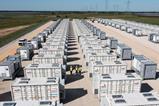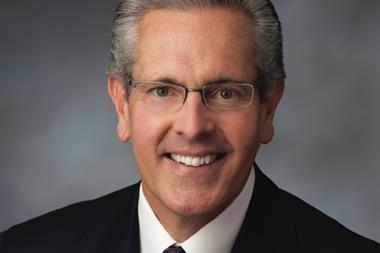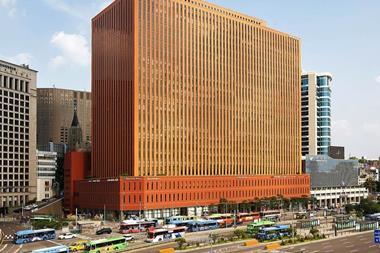UK workplace pension scheme NEST has made an initial $750m (€648.6m) commitment to BTG Pactual Timberland Investment Group (BTG Pactual TIG) for investment in timberland across the Americas.
The £50bn (€57.5bn) pension fund said it has appointed BTG Pactual TIG to implement a strategy that provides exposure to sustainably managed timberland across key geographies in the region.
As of the first quarter of 2025, BTG Pactual TIG managed $7.3bn assets and commitments and 2.6m acres under management throughout the US and Latin America.
The commitment to BTG Pactual TIG is NEST’s second timberland mandate, following a procurement process that began in 2023. Exactly one year ago, NEST selected JP Morgan Asset Management’s timberland investment advisory firm, Campbell Global, as its global timberland investment manager.
The pension scheme had in September 2023 said it had started the formal process of appointing one or more fund managers to help its 13m members invest in timberland, as part of its plan to invest in natural capital.
Stephen O’Neill, head of infrastructure and natural capital at NEST, said: “NEST and BTG Pactual TIG share the belief that investing in a sustainable manner can achieve strong risk-adjusted returns. BTG Pactual TIG’s focus on sustainable forestry practices and commitment to maintain productive, respectful relationships with the local communities and workforce helped demonstrate that they are the right partner for NEST.
“With two timberland fund managers now in place, this will help further diversify Nest’s portfolio, supporting our broader goal of delivering strong, risk-adjusted returns to our 13m members.”
Gerrity Lansing, head of BTG Pactual TIG, said: “We are proud to partner with Nest on this significant mandate. Our collaboration reflects a shared commitment to long-term value creation and sustainable land management.
“Through this bespoke strategy, we will apply our large-scale timberland platform, on-the-ground expertise, and rigorous sustainability standards to seek to deliver financial and environmental outcomes for Nest and its members.”
To read the latest IPE Real Assets magazine click here.























